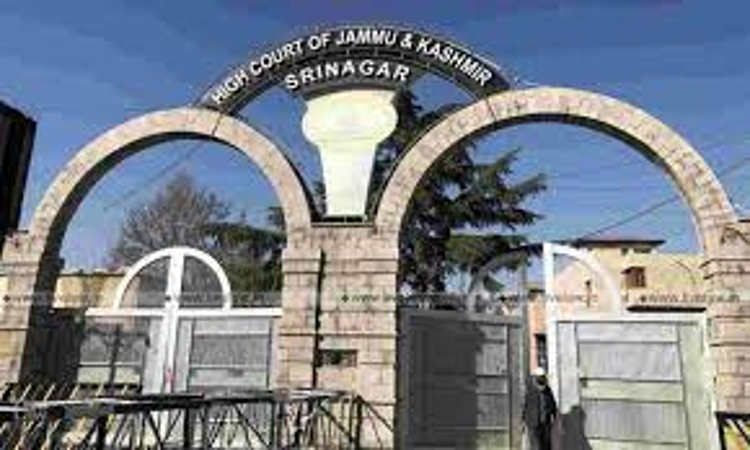Pendency Of Prosecution No Bar To An Order Of Preventive Detention :J&K&L High Court
Basit Amin Makhdoomi
5 Sept 2022 12:18 PM IST

Next Story
5 Sept 2022 12:18 PM IST
The Jammu and Kashmir and Ladakh High Court recently ruled that the pendency of prosecution is no bar to an order of preventive detention and an order of preventive detention is also not a bar to prosecution. Discharge or acquittal of a person will not preclude detaining authority from issuing a detention order.The observation was made by a bench of Justice Moksha Khajuria Kazmi while hearing...
